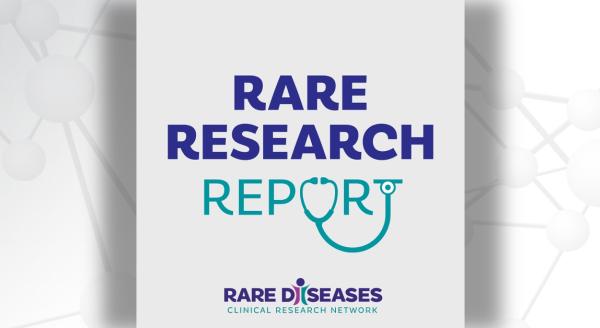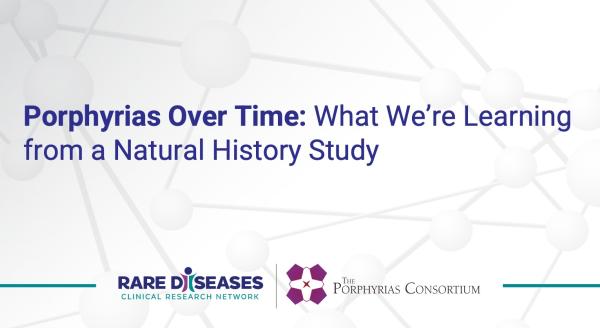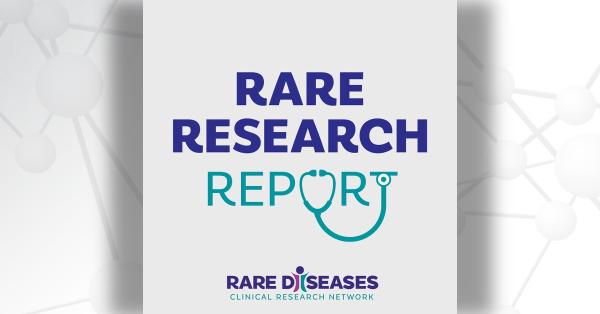The American Partnership for Eosinophilic Disorders (APFED) and the Consortium for Eosinophilic Gastrointestinal Disease Researchers (CEGIR) have awarded a 2020 co-funded pilot grant award to Paneez Khoury, MD, MHSc, of the National Institute of Allergy and Infectious Disease’s Human Eosinophil Section, for a promising research study that will provide the first examination of gastric motility in patients with eosinophilic gastritis (EG).
APFED is providing $25,000 in funding for 2020, and CEGIR will provide funding for 2020 and 2021.
Dr. Khoury’s project will examine whether allergy-mediated inflammation causes fibrostenotic changes in the stomach tissue that contribute to commonly experienced EG symptoms, such as bloating and early satiety, and whether allergy-mediated inflammation causes a slower emptying of stomach contents into the small intestine. This important work will influence the selection of drugs that will be studied in future EG clinical trials.
Established in 2020, this particular APFED-CEGIR Co-funded Pilot Grant is the result of a collaborative effort between Patient Advocacy Groups and CEGIR to enable investigators from a variety of disciplines to initiate projects relevant to eosinophil-associated diseases, with a focus on the development of new and inventive ideas that are likely to lead to future external funding and better patient outcomes.
“Over the last six years, APFED has collaborated with CEGIR to advance research for eosinophilic gastrointestinal diseases. The partnership of patient advocacy groups with clinician-investigators, as offered through the Rare Diseases Clinical Research Network (RDCRN), facilitates this type of targeted study,” said APFED President Dr. Wendy Book. “Gaining a better understanding of the motility issues impacting patients diagnosed with EG is important, and we are pleased to support Dr. Khoury’s project.”
Principal Investigator Dr. Paneez Khoury said, “The selection of this proposal by the APFED-CEGIR Co-funded Pilot Grant is critical to understanding the natural history and pathogenesis of gastric dysfunction below the esophagus. The funding and prioritization of this research will provide the ability to explore whether persistent gastrointestinal symptoms in eosinophilic gastritis may be related to gastric motility problems and will provide insights into the patient experience of disease, disease pathogenesis, and long-term impacts of eosinophilic gastritis.”
About the APFED Hope on the Horizon Research Fund
APFED’s competitive research grant program, the Hope on the Horizon Research Fund, is supported entirely by donations. For more information, please visit www.apfed.org.
About the Consortium of Eosinophilic Gastrointestinal Disease Researchers (CEGIR)
CEGIR (U54 AI117804) is part of the Rare Disease Clinical Research Network (RDCRN), an initiative of the Office of Rare Diseases Research (ORDR), NCATS, and is funded through collaboration between NIAID, NIDDK, and NCATS. CEGIR is also supported by patient advocacy groups including American Partnership for Eosinophilic Disorders (APFED), Campaign Urging Research for Eosinophilic Diseases (CURED), and Eosinophilic Family Coalition (EFC). As a member of the RDCRN, CEGIR is also supported by its Data Management and Coordinating Center (DMCC) (U2CTR002818).
rdcrn.org/cegir






